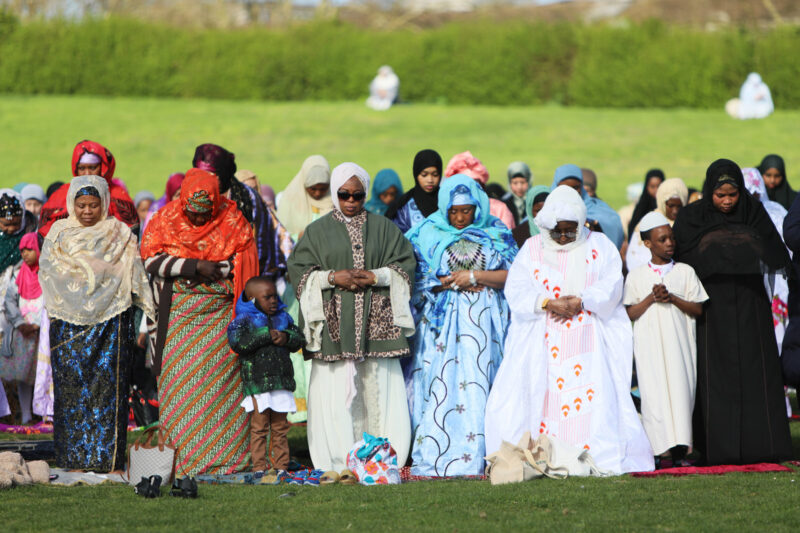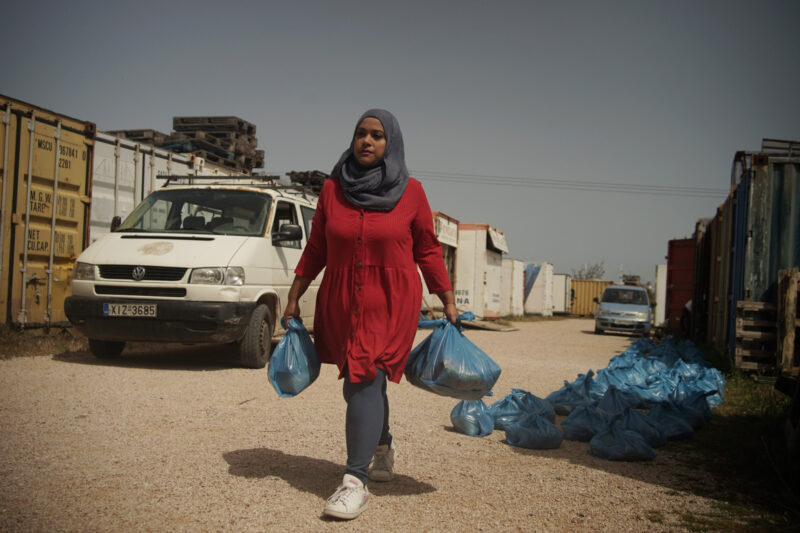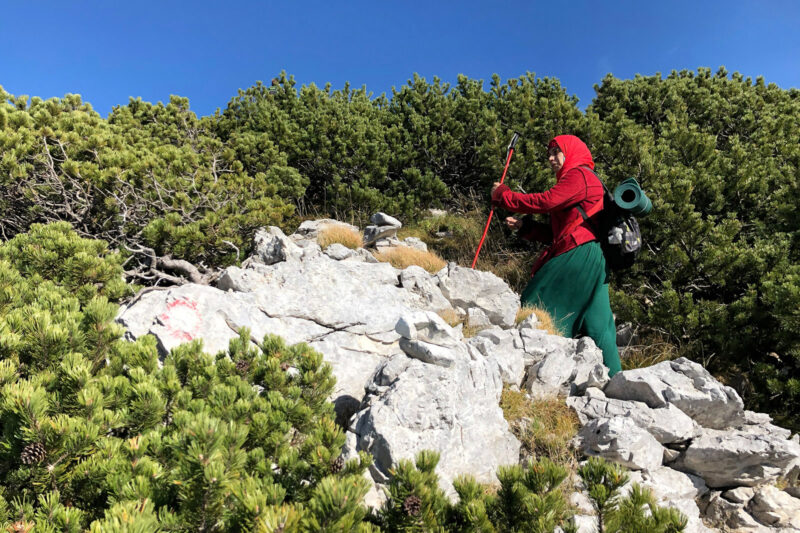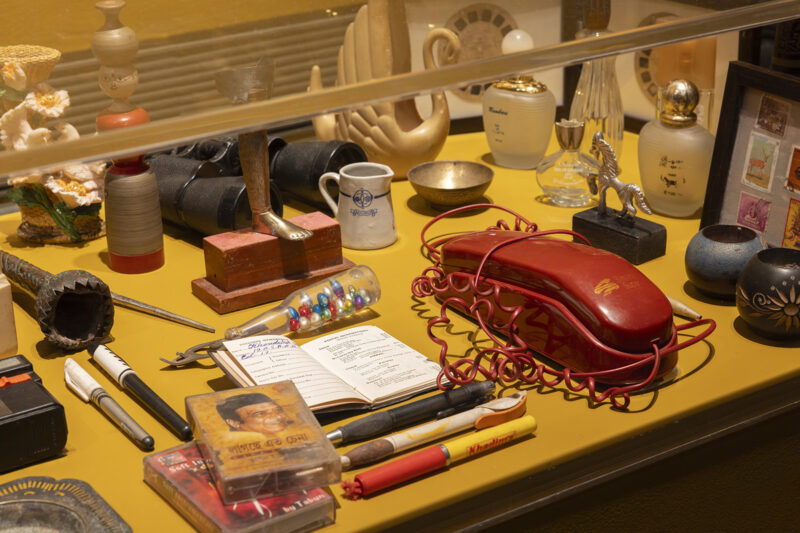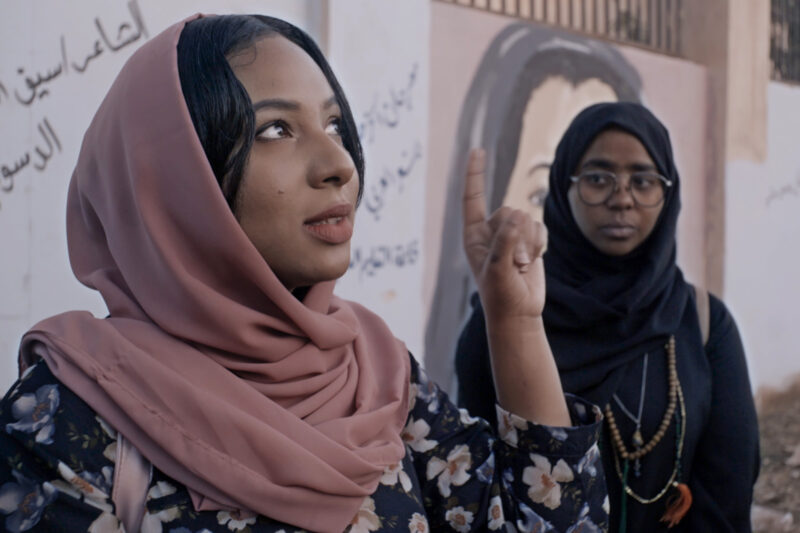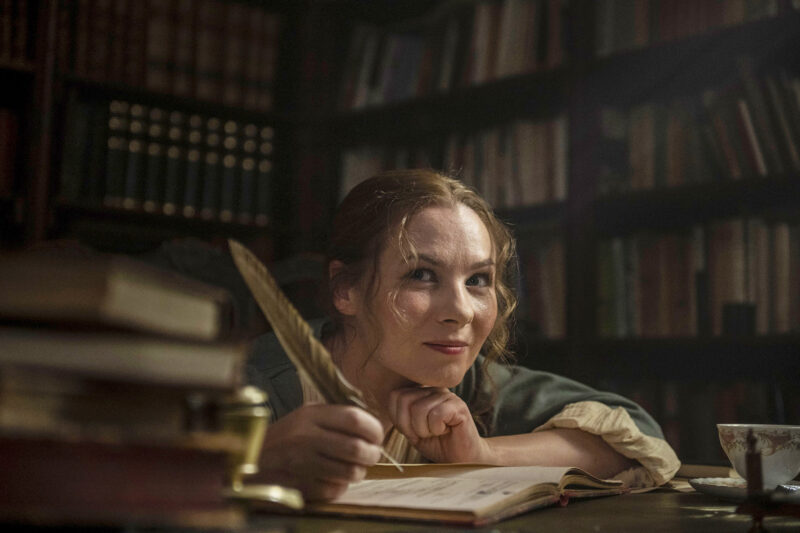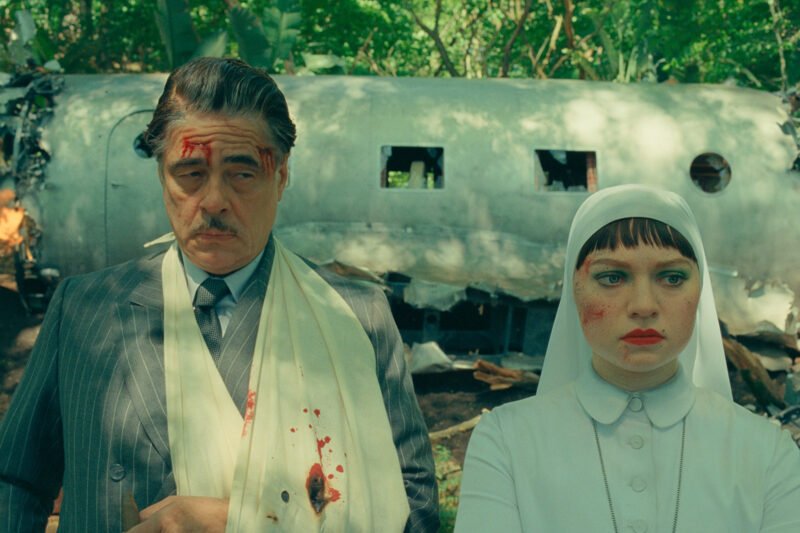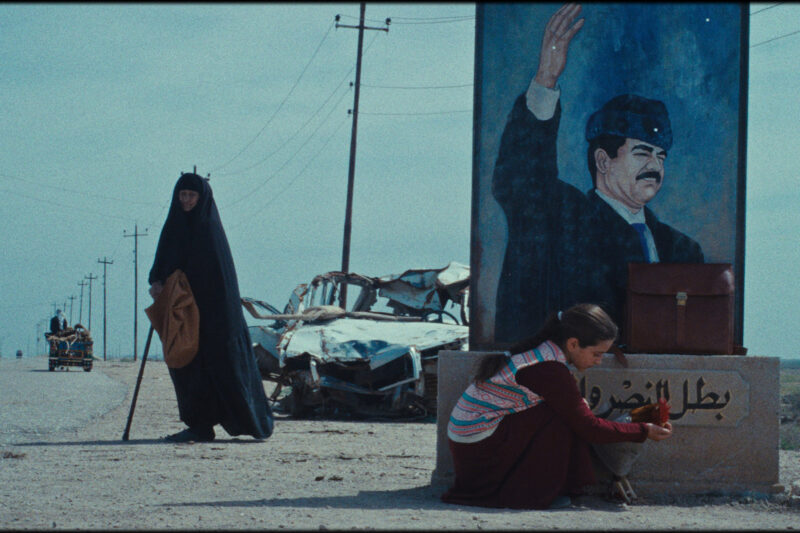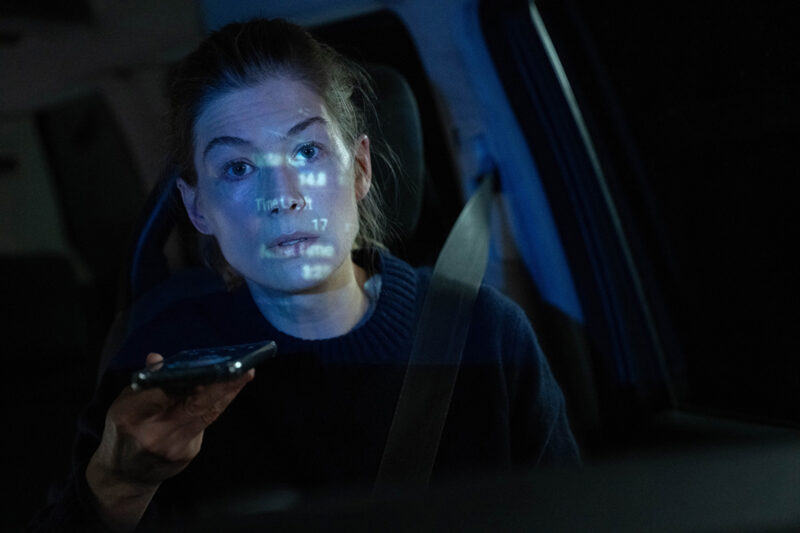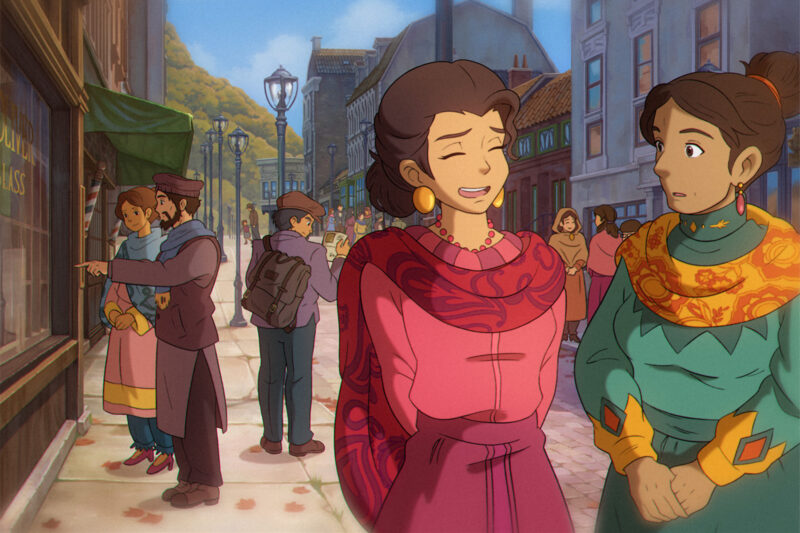The best films and TV of 2024
From Big Zuu Goes to Mecca to No Other Land, our critic picks the best things she’s watched this year
–
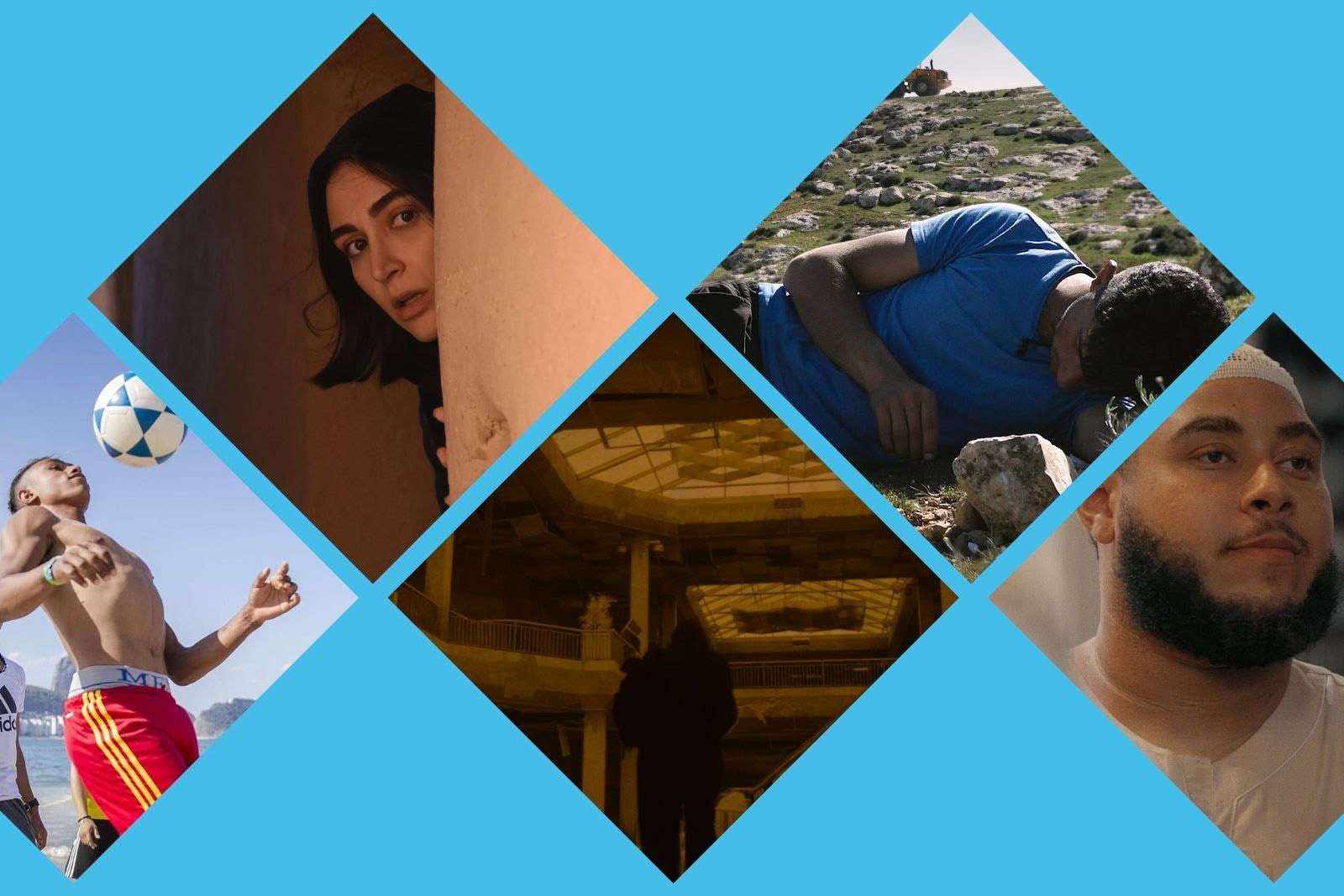
The past year is unlikely to go down as one of the greatest in cinema history (for my money that was 2001: Mulholland Drive, The Royal Tenenbaums, Monsters Inc …). In many ways, both the film and TV industries are still suffering from the continued fallout of Covid, the writers’ and actors’ strikes, and managing their relationship with streaming. But, as in every year, there were many cinematic gems amid the bilge of schlocky CGI and tax write-offs.
Green Border
Agnieszka Holland is a Polish filmmaker who is as conscientious as she is magnificently talented. This year saw the release of her film Green Border, about the truly horrifying situation happening at the border between Belarus and Poland. It follows a group of migrants from Syria making their way to Europe, fleeing their own country torn apart by war.
The film is a drama, but is based on the real crisis made by Belarus’s government, which allows refugees to enter the country to cross into the EU, but then uses them as pawns in a deadly game with neighbouring countries. Holland’s film caused outrage among the Polish right wing and her bravery remains just as inspiring and formidable as this astonishing film.
Banel & Adama
Ramata-Toulaye Sy’s debut premiered at Cannes in 2023 but didn’t come to wider audiences until 2024. It proved well worth the wait. Set in a small village in Senegal, the film is a twisted take on Romeo and Juliet, where the titular Banel and Adama are deeply in love, longing to break free of the conservative village around them and carve a life out for themselves away from heteronormative structures. But, as it transpires, Banel is no delicate Juliet and when the world around her looks like it will get in her way she is more than willing to fight back.
Big Zuu Goes to Mecca (TV)
The rapper, broadcaster and chef Zuhair “Big Zuu” Hassan has been steadily making a name for himself for the past few years, and his TV documentary Big Zuu Goes to Mecca proved so delightful I found myself despairing that I hadn’t come across his work before. It follows Big Zuu and his “mandem” during Ramadan as they prepare to make the Umrah pilgrimage to Mecca.
While the spiritual journey he and his cohort go on is profound — as is his grappling with his place in the world as a Black Muslim — the show is also just so darn charming. He’s a truly transfixing presence with the sharpest wit. Seeing just how much his pilgrimage means to him is among the most joyous things I watched this year.
Chasing Dreams (TV)
In a time where hope feels like a rare commodity, Chasing Dreams, originally aired on Arabic streaming service Shahid, feels like a precious antidote to despair. The award-winning Palestinian director Bassel Ghandour’s docuseries follows five young Syrian refugees in Brazil who have been selected to train in the big leagues and become professional football players. It has echoes of 1994’s Hoop Dreams (to my mind the greatest documentary ever made), making you invest so deeply in young men for whom sport is a path to a better life for them, their families and communities. Ghandour has such elegance with his camera and raw empathy as a filmmaker.
No Other Land
No Other Land is truly one of the most extraordinary documentaries in recent memory. The film was made by a Palestinian Israeli collective consisting of four directors, Yuval Abraham, Basel Adra, Hamdan Ballal and Rachel Szor. It depicts life in the occupied West Bank, where Palestinian activist Adra’s homeland is slowly being encroached upon and destroyed, but we see how he is able to find solidarity through Israeli journalist Abraham. It rightfully won one of the top awards at the Berlin film festival, but the ceremony and the director’s acceptance speech was accused of being “antisemitic” by German politicians. Abraham said he later received death threats, and criticised those officials for weaponising the term.
2073
Asif Kapadia, the director of Amy and Senna, didn’t disappoint with this wonderfully weird blending of fiction and documentary set in 2073. It acts like a non-fiction piece with Samantha Morton’s character looking back at the events of the past few decades through footage preserved in an archive to uncover how we got to the 2073 hellscape (marginally worse than 2024). It’s a truly despairing film, one that makes you feel like patient zero in a plague about to befall humanity. Thankfully, there is still some comfort to be found in that at least we live in a time where we get to watch Kapadia’s movies. 2073 will be in UK cinemas from 1 Jan 2025.
The Seed of the Sacred Fig
To my mind there is no more enjoyable genre than the thriller. Even when they are technically bad, they are still great fun. Iranian director Mohammad Rasoulof’s The Seed of the Sacred Fig happens to be a brilliant piece of work: equal parts exciting, exhilarating and politically prescient.
It centres around Iman, a judge in the revolutionary court in Iran who struggles to keep order as political protests rage and to make matters worse, his gun, which potentially ties him to a series of crimes, goes mysteriously missing.
The film is a wild ride and an utter joy, but comes with a bitter aftertaste. After its release, Rasoulof was sentenced to eight years in prison and flogging. The director has long been targeted by the Iranian government and has twice served time in prison. At the start of this year he managed to escape Iran and seek refuge in Europe. In many ways his film reflects the power of art currently emerging from the Middle East. It’s a struggle to produce, even harder to get recognition, and yet, despite it all, we persevere.
 Newsletter
Newsletter

